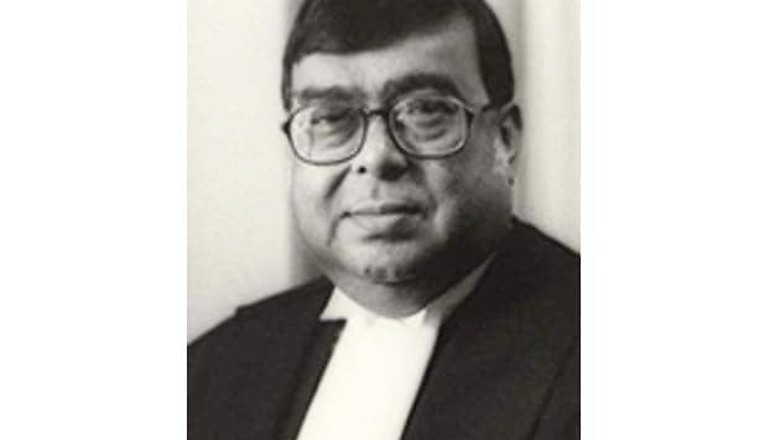
views
New Delhi: Chief Justice of India (CJI) Altamas Kabir on Sunday cautioned judges against interfering in the government's policy matters, unless these were in conflict with the statute, and also against making unnecessary comments on constitutional authorities.
"Unnecessary comments should not be made...I agree on that," Chief Justice Kabir said replying to a question on the gag provision in the Judicial Standards and Accountability Bill which is before the Rajya Sabha.
"The general principle is that we don't interfere in government polices until and unless these are in conflict with the constitutional provisions and the law," the CJI said at a press conference held in Delhi at the end of a day-long conference of chief ministers and chief justices of high courts.
The CJI advocated a harmonious relationship between the judiciary and the executive (government) but, in the same breath said the executive too needed to have a dialogue with the judiciary so that the harmony was maintained.
The chief justice said the judiciary was dependent on the executive for a host of things, including financial resources.
Giving details of efforts he had made to bring the executive and the judiciary in interaction mode, Chief Justice Kabir said: "I wanted to restore the bridge which was on the point of collapse."
The CJI addressed the press conference along with Law and Justice Minister Ashwani Kumar and took several questions including those on the collegium system of the appointment of higher judiciary and parliament attack convict Afzal Guru's family allegedly being kept in the dark before the hanging.
Describing the criticism of the collegium system as misplaced, Chief Justice Kabir said one should not comment without understanding a system that was already there.
"...Without understanding (it) one should not comment because intensive information is taken (before appointing judges)," he said.
"A great degree of deliberation goes into the appointment of judges. It is not that it comes out of blue. It goes to high courts for opinion. It goes to the government and when it comes to the Supreme Court, it is considered by five judges," the chief justice said.
Talking about the allegations related to Guru's execution, the chief justice said as a procedure in the past the family should have been informed before the execution.
As a principle, the family "members are informed when things are going to happen", the chief justice said.
The law and justice minister ducked a question and said: "The law minister will comment on what happens in future and not what had happened in the past."
The chief justice said there was no unanimity among the states on the introduction of an all-India judicial service.
Holding that the conference of chief ministers and chief justices of high courts was intended to be a regular feature, the CJI expressed his dismay that the minutes of the 2009 conference were approved in 2013.



















Comments
0 comment